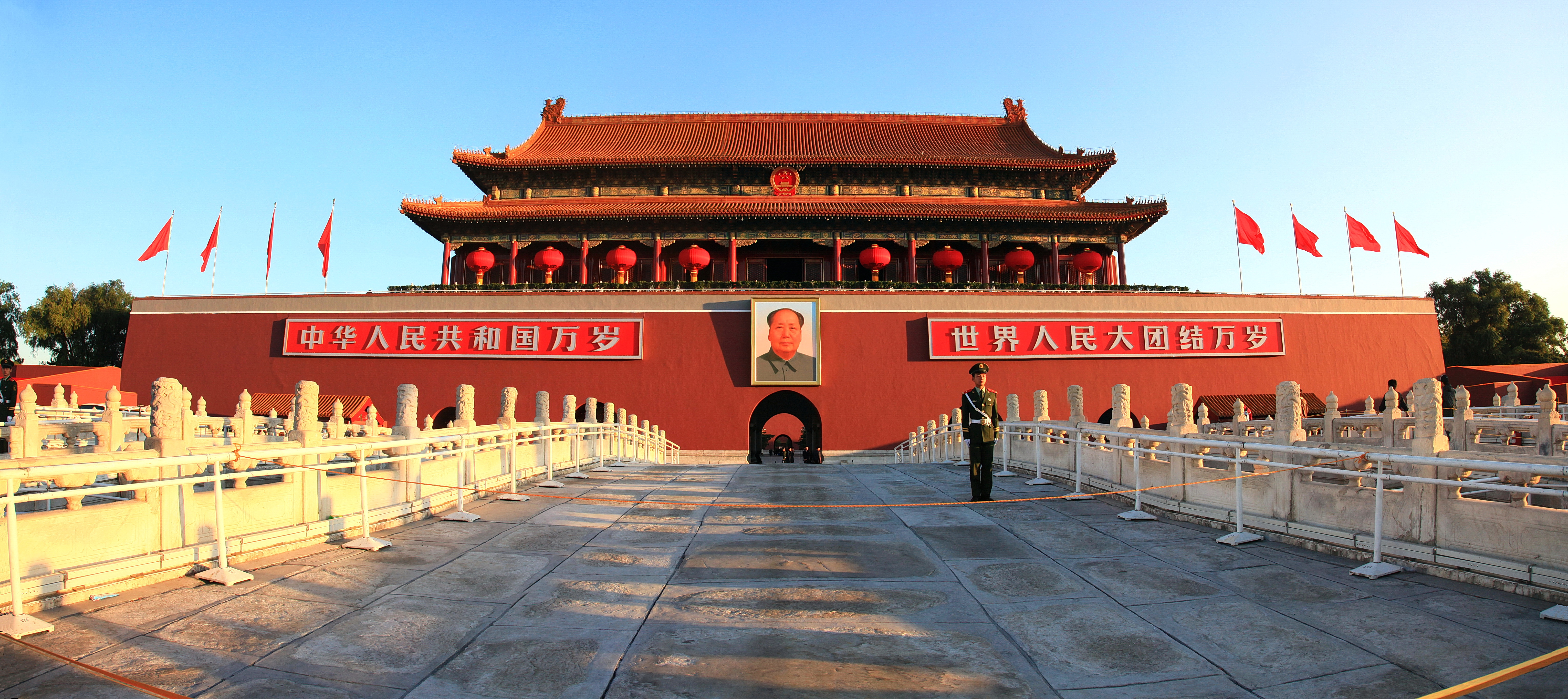Growing up at a young age I remember hearing about the movement to "Free Tibet" being discussed and thrown around by people. Being quite uninformed at the time like most young children likely would be, I only knew that the issue involved some sort of interaction between China and Tibet but was blind to key aspects such as the figures of casualties on both sides, persecution of so-called dissidents and occupation by the People's Liberation Army. Fortunately, I grew up to be a very open-minded individual who also happened to be Chinese American. As a result, I have a very diverse and complex, but generally positive view of my diasporic homeland even with possibly hindering factors such as my participation in United States Army. Now replace me with many of the kids that grew up right beside me and you begin to see why a nation like China cares about national image. For the same reason that businesses invest heavily in branding themselves, because a person's bias formulates long before they even know what they're biased against. The quote from Finlay is perfectly correct in verbalizing this concept because attitudes towards things are generated by the sum of the tiniest tidbits of information that one collects over days, months, and years. These lead to a skewed perception of how a certain group is expected to behave before having the slightest idea about their values or intentions. Beijing struggles with change to its image because it's already dug itself into an excessively deep proverbial hole. The first things that come to people's minds when China is discussed is lead in paint in toys for children, Tienanmen Square, communism, and religious persecution. Clearly this is exaggerated to a slight extent but it definitely is not very far from the truth. Just as it is often said that a man's only true asset in life is his trustworthiness and credibility, nation's are only able to effectively possess soft power and wield national power by being trusted. Having been to China quite a few times, I can attest to their efforts to get this trust. Television is a combination of news provided by Xinhua and CCTV (with CCTV being the most popular for being more international), game shows, and endless amounts of shows and movies highlighting Chinese history. This is all without even mentioning the Great Firewall of China and the immense censorship exhibited on Chinese internet communication, a far cry from the liberty we enjoy here in the West.
Will the People's Republic of China be able to maintain its current standards of censorship and limitation while salvaging its broken national image?
Ding, Sheng. "Branding a Rising China: An Analysis of Beijing's National Image Management in the Age of China's Rise." Journal of Asian and African Studies (2011): 293-306.

No comments:
Post a Comment